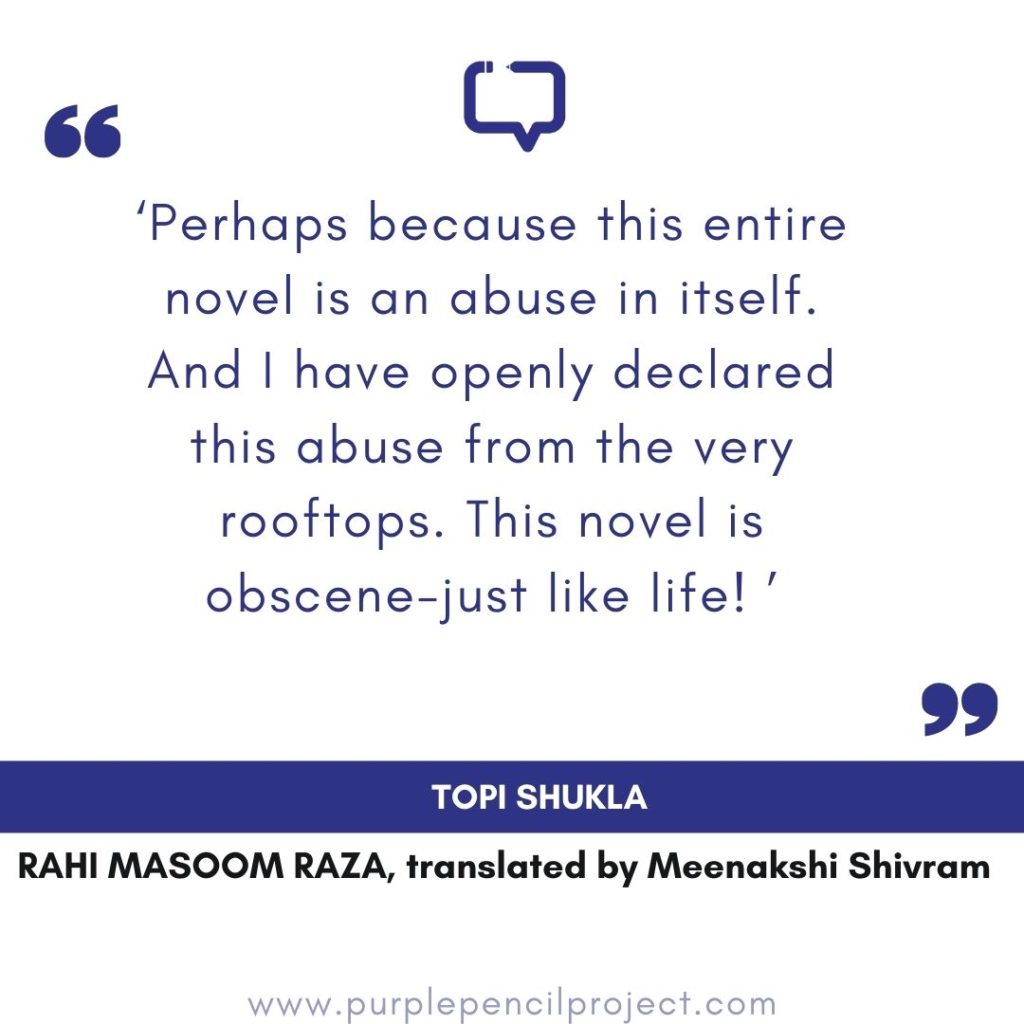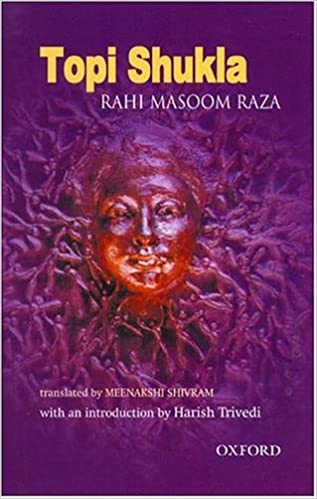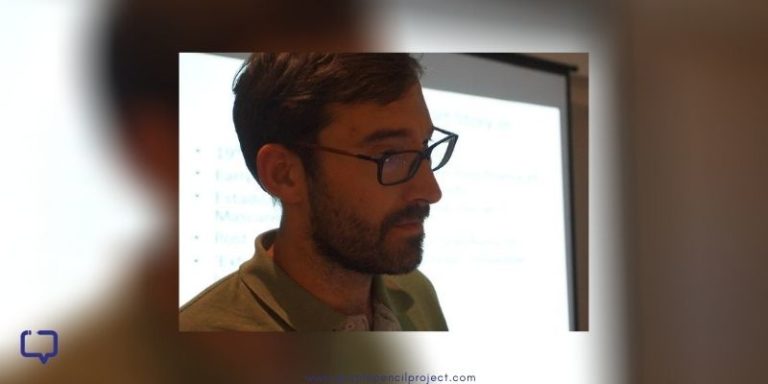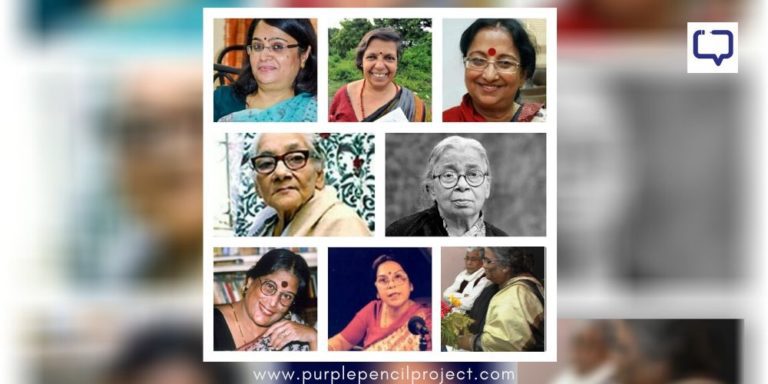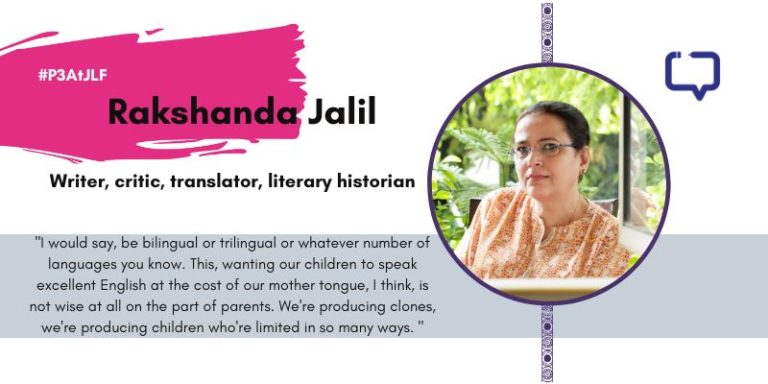Rahi Masoom Raza weaves Topi Shukla the way a dastango weaves their dastaan. It gently takes the reader by the hand into the world of Topi, Iffan, Sakeena and their friendship; plunging into the soul of UP in the 1960s. Oral tradition as a narrative tool within a melange of intertextuality ruptures the conventional form of the novel.
We encourage you to buy books from a local bookstore. If that is not possible, please use the links on the page and support us. Thank you.
Tale of time
‘So, brother,’ the novel opens, with Topi discussing his thesis with Iffan, who is lost in unrelated ‘gharelu’ (domestic) thoughts.
And just like that, Rahi throws us into realm of the public and the personal through which the tale meanders, tracing their relationships to see how these realms affect, interact and negotiate with one another, whereby worlds aren’t only affected but torn apart by events around them.
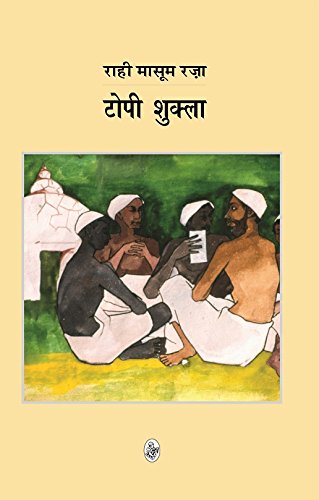
Much like India’s social fabric, the world of Topi Shukla is interconnected, and cannot be understood in isolation. So this country’s story cannot be linear and hence, declares Time as the only hero reminding me of the echoes of, ‘Main samay hoon.’ Topi Shukla, thus, is as much about Topi-Iffan-Sakeena as it is about time. Time’s warmth and ravage; of time stolen and lost.
Navigating linguistic conflict
By the 1960s, Urdu is synonymous with Islamic identity as the standardised Hindi is with Hindu—a divide that, time and again, threatens the subjectivity of a nation.
Debating Iffan over the correctness of Barahseni Baniyas who changed their name from Duvadas Shreni, Topi talk about ordinary people have who ‘cut and shape words according to the measure of their language.’
This linguistic banter recurs as language becomes its own character revealing the most sustained play of prejudice where we see Topi’s father, Doctor Bhrgu Narayan Shukla, and grandmother, Subhadradevi, adoring Persian, while his mother Ramdulari does not understand a word of it. Subhadradevi hates Hindi as much as Topi’s dark skin. Topi grows to resent her and purposely mispronounces Urdu words.
Rahi says that the Urdu-Hindi conflict is a lie since they’re just the two names for Hindvi. Similarly, Topi and Iffan without each other are ‘incomplete and a betrayal’.
Their tale then stands for the betrayal of partition and Rahi trivialises nationhoods as we are confronted with the question that if a Hindu-India and Muslim-Pakistan is so certain, then why the uncertainty in lived experiences?
How are personal semiotics different from nationalist semiotics?
Violent visuals
Beyond visible violence, Rahi writes of the unfathomable violence within; equally familiar, yet unaddressed, manifested in Topi’s refusal to eat at Muslim households, his harsh banters with Sakeena.
But their personal semiotics are the money Topi borrowed from her, Shabnam, and the rakhis Sakeena could not give Topi because of the scars that the riots that killed her family left on her. Border complexities thus become greater than creation and erasure. And when Iffan and Sakeena decide to leave Aligarh, the vagaries of Partition become too large for Topi to contain, and he reaches a juncture when, just as things seemed to look up for him, it becomes all too much.
Rahi writes that perhaps Topis of these times are fated to incompleteness and loneliness.
This holds utmost relevance in 2020 where oppressive, fascist states are also cripplingly lonely ones, haunted by exclusion. Trending hashtags become a reminder of the ‘the symptomatic failure of civilization’ because mental health isn’t unrelated to socio-political reality.
We grow up within intrinsically violent, isolating structures. And from the Kashmir lockdown to UAPA arrests, the fascist regime is frantically erasing skeletons in the cupboards to create an India oblivious of the Topis-Iffans-Sakeenas.
Sakeena’s fifteen rakhis are a reality erased in the grand scheme of things where this very incompleteness of knowledge is disempowering. Unattended historical wounds bleed, as India is faced by a crises of democracy driven by casteist and communal hatred.
Rahi leaves the future generation with a task, ‘Ki bade hokar woh Sakeena aur Topi ki samasyaon ko samajhne aur suljhane ka prayatna karein. Humse to kuch na ho saka. Hum to haar gaye shayad. Shayad! Kitna khubsurat hai ye shabd!’
In Pepetela’s Mayombe the narrator wishes to be, ‘…in a world fixated on binaries-a may be. For a may be is yes for those who don’t want to hear no and a no for those who don’t want to hear yes.’ May be holds possibilities; the only beautiful thing in a world that falls silent when Iffan questions, ‘What is the fear of, Balbhadra?’ speaking of Hindu and Muslim as two dacoit-like words holding a nation hostage—‘Fear! Suspicion! Muslim! Hindu! Black-White! There was silence in the house.’
The silence in a thousand may-be’s and Sakeena’s fifteenth rakhi that only reaches Topi’s doorstep, softly singing for a dead Topi,
‘Hum to hain pardes mein, des mein nikla hoga chand,
Apni raat ke chhat par kitna tanha hoga chaand.
Jin ankhon mein kajal ban kar tairi kali raat
Un ankhon mein aansu ka ik qatra hoga chaand
Raat ne aisa pench lagaya tooti haath se dor
Angal vale neem mein jaakar atka hoga chaand
Chand bina har din yun bita, jaise yug beetein
Mere bina kis haal mein hoga, kaisa hoga chaand?’
Final Verdict
This book is infinite in the possibilities it has sought in the aspects of both its form and content and how they complement each other. The characters and their gripping stories will stay with the reader and provoke them to think. It is a key to understand what is going on in our country today as we fight with ideas of the self, the nation and the idea of ‘legitimacy’ around both. So, it is a highly recommended book for everyone.
Favourite quote:
There are innumerable sentences in the book that linger on even after one has finished reading it which makes it difficult to choose just one quote. So, I choose the following that Rahi says about this book in its introduction, a very powerful quote:
‘Parantu shayad ye puri upanyas hi ek gandi gaali hai. Aur main yeh danke ki chot bak raha hu. Yeh upanyas ashleel hai-jeevan ki tarah.’
